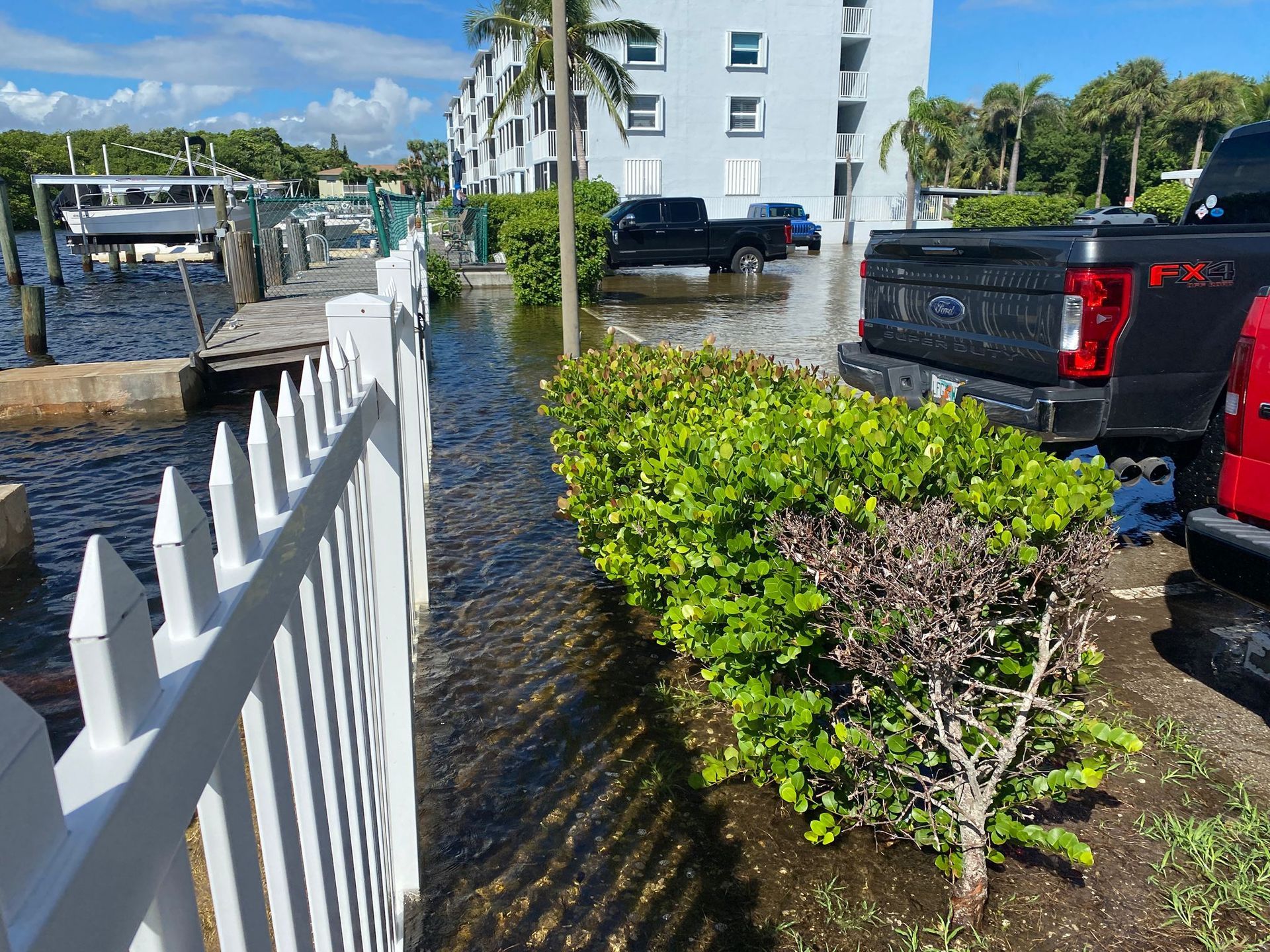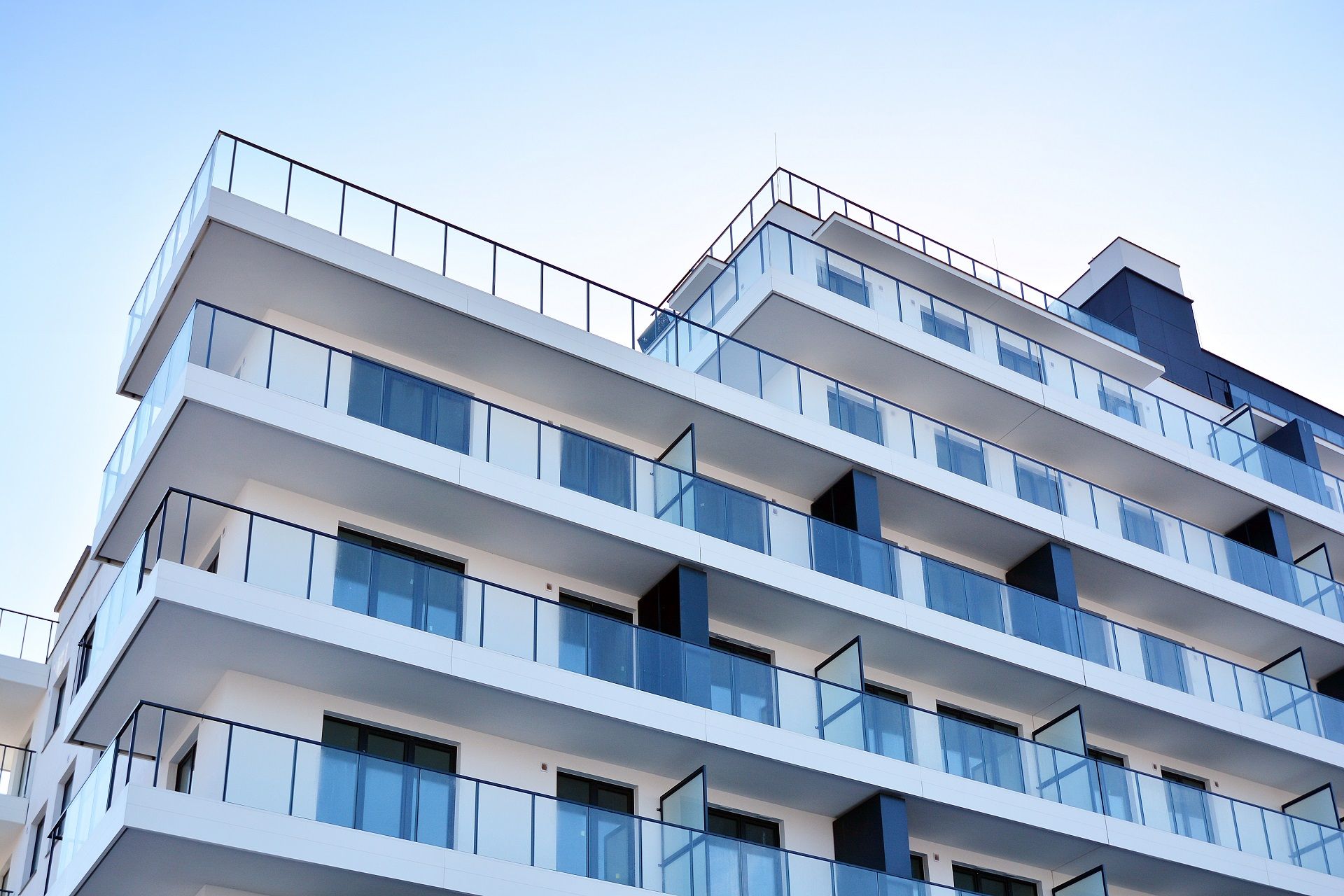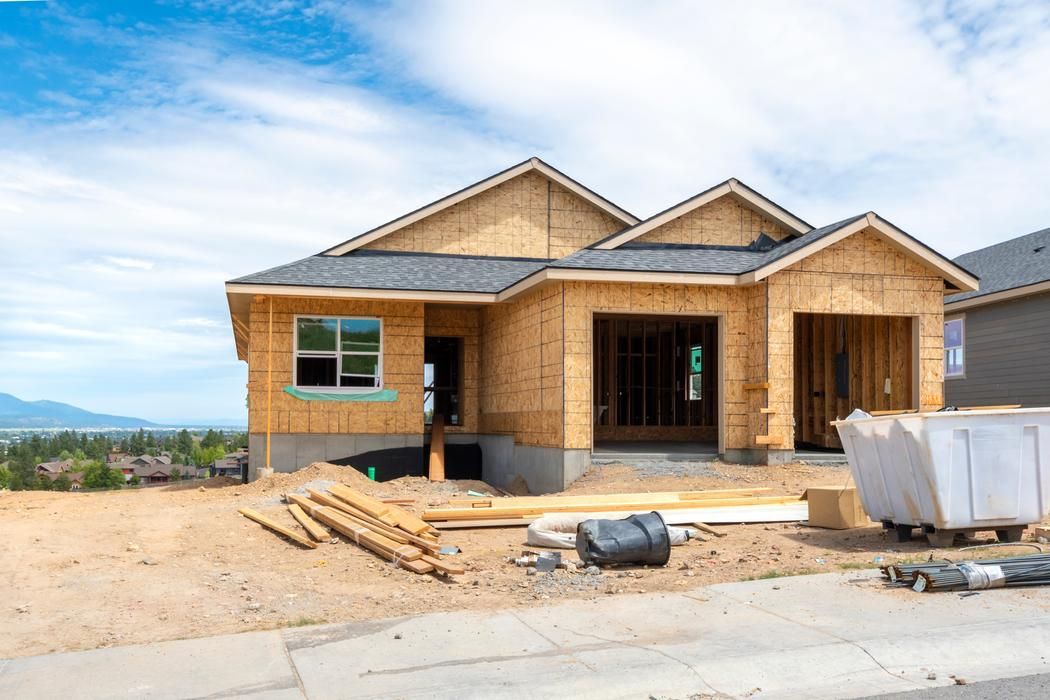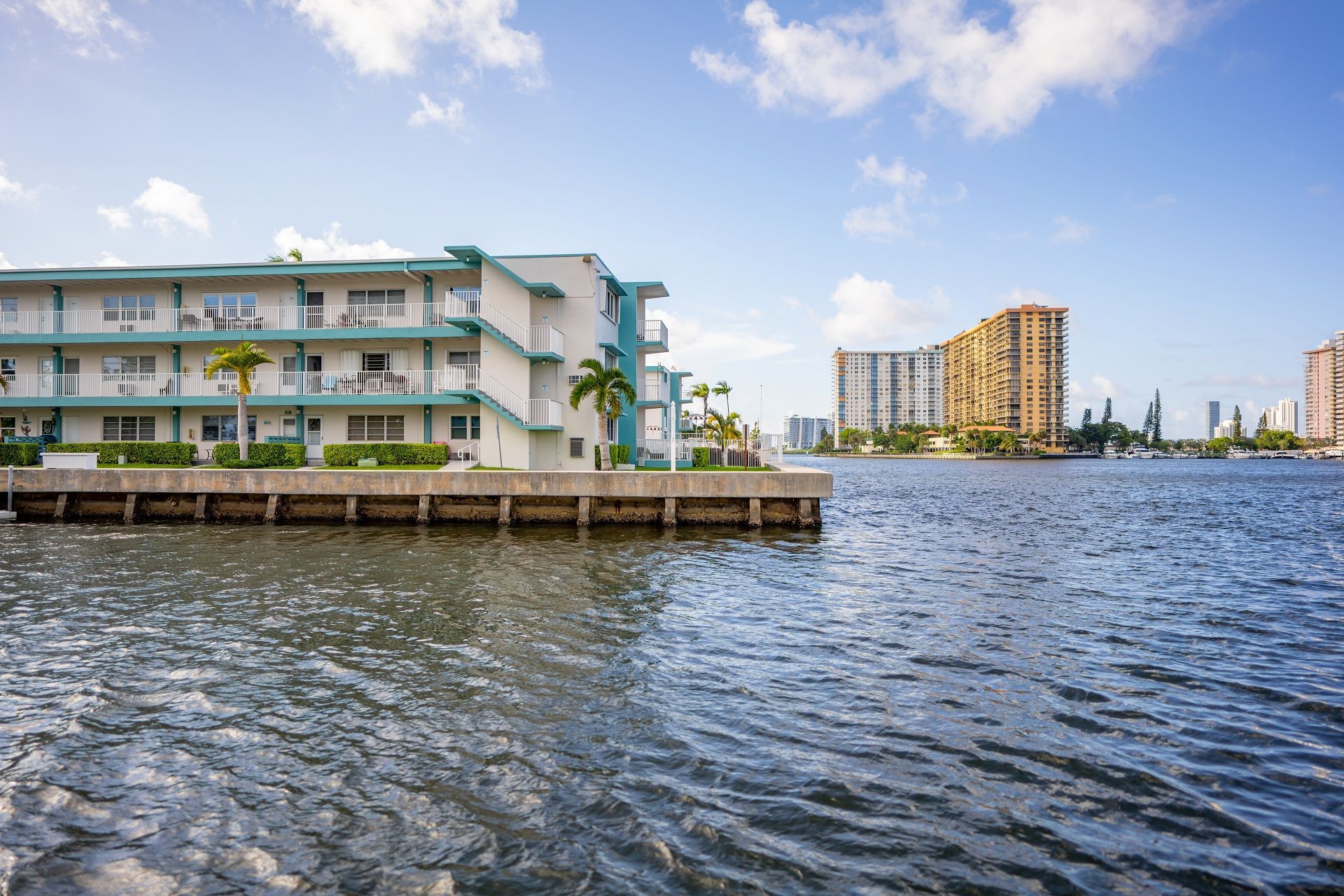How to Inspect a Commercial Roof: Step By Step Guide
As an owner of a commercial property, you need to take the steps necessary to extend the lifespan of the building and keep your occupants safe. Since the roof is the most vulnerable part of the structure, maintaining it properly and scheduling roof inspections regularly is recommended.
While roof inspections for insurance are only required for old roofs, you should never let regular checkups fall by the wayside simply because you can.
So today, we’ll show you a typical commercial roof inspection checklist to give you a better idea of what to expect. More importantly, you’ll learn how often you should have your roof examined.
Let’s get into it!
Best Times To Schedule A Commercial Roof Inspection
We recommend inspecting your roof at least twice a year, preferably scheduled during transitional seasons - spring and autumn.
This is currently the norm when it comes to commercial-grade roofs. However, keep in mind that there are exceptions to this rule, especially in Florida where weather conditions can often border on the extreme.
For instance, if your area was hit by a major storm, you should schedule a
commercial roof inspection as soon as the weather clears up. This helps you discover any damage since the impact of storms and fast winds isn’t readily apparent. As a huge plus, roof inspection insurance claims will go a lot more smoothly and you’ll increase your chances of recovering the damages.
Benefits Of A Commercial Roof Inspection
Learning about the condition of your roof and finding any problem areas can benefit you in many ways:
1. Extend the lifespan of your roof
Most commercial roofs last between 20 and 40 years, but that’s only true for those that are regularly inspected and maintained. By receiving an expert report, you will know which repairs need to be made and be able to drastically minimize the damage.
2. Save money
Logically, extending the lifespan of your roof and fixing minor issues before they snowball into costly repair projects helps you save a notable amount of money. Just consider the expenses of a total roof replacement and you’ll probably lose no time in scheduling an inspection.
3. Simplify insurance claims
Despite the fact that roof inspections for insurance aren’t required, you’re putting yourself at a disadvantage without one. It’s common for insurance companies to avoid covering the damage by claiming it happened due to lack of care and not the event you’re filing a claim for.
With a recent inspection report, you don’t need to worry about any of that happening.
What A Commercial Roof Inspection Checklist Covers
The only way to fix any problems with your roof is to first recognize it. Thankfully, roof inspectors know exactly what to look for. They have a commercial roof inspection checklist they can follow to see to it that all parts of your roof are covered.
This thorough checklist will ensure you can fix any signs of damage early before they turn into a major repair later down the road.
Your inspector will check the following:
1. Surface debris
The first step of the commercial roof inspection checklist will address the obvious - any debris lurking on your roof. Leaves, branches, and other remains may seem insignificant but they can cover your drains and roof corners, which can be problematic as the water won’t be able to drain easily from your rooftop.
2. Evidence of ponding
Ponding can cause major abrasion to your roof, which is why the crucial step of the commercial roof inspection checklist is checking for symptoms of it. The inspector will take time to look for any stains or changes in color near roof drains, and if some indicators of ponding are present, they’ll switch their focus to discovering underlying damage caused by it.
3. The flashing
Flashing features like walls, curbs, and stacks are prone to developing cracks and crevices. These are quite common around transition points, more so in areas where flashing changes from flat to vertical.
4. The field
Inspectors will then shift their focus toward the roof field and try to discover any hint of tears that can have a considerable impact on the structural integrity of the roof. It’s common to perform a flood test to find sources of existing leaks during this step.
5. Parapet walls
Furthermore, inspectors will check the terminations to make certain they’re properly sealed, while also checking the base of the wall to see if there are any signs of failure.
6. Inspect edge details
It’s imperative that all the edge materials are terminated and secured. Edge details help protect your building from the elements, which is why you should ensure there aren’t any exposed gaps or loose parts.
This is particularly important for windward edges after a storm as it’s not uncommon for the wind to loosen or lift edge materials.
7. Gutters and drains blockages
Any clogs in your drains and gutters can cause the water to pool on your roof. This can be devastating, especially on asphalt-based roofs. Even though ponding won’t void your warranty if you have a PVC roof membrane, it can still cause cracks to develop over time. This is a big reason why inspections are necessary even if your roof is built with modern materials.
8. Downspouts
Downspouts are prone to be crushed or damaged by passing vehicles. If they’re situated near a lawn, it’s not uncommon for them to be damaged during lawn maintenance. The inspector will typically check them at both ground and roof levels.
Are You Looking For An Inspector?
Most expensive roof repairs can be steered clear of through regular inspections and proper maintenance. This will help you save tons of money and protect your commercial property from the treacherous Florida elements.
If you’re thinking of scheduling an inspection, make sure you go with an independent inspector instead of a roofing contractor. Although not all contractors will try to misrepresent the condition of your roof to sell you an additional service, your best bet is working with someone who is 100% impartial.
Here at
Certified Inspectors, we have no reason to lie about the condition of your roof or bend the facts to convince you into scheduling an unnecessary repair. Our reports are comprehensive, unbiased, fast, and will reveal everything there is to know about your roof.
Schedule an inspection now and have your roof inspected by a Certified Master Inspector®.
Disclaimer: The information on this website and blog is for general informational purposes only and is not professional advice. We make no guarantees of accuracy or completeness. We disclaim all liability for errors, omissions, or reliance on this content. Always consult a qualified professional for specific guidance.
Share the post:






